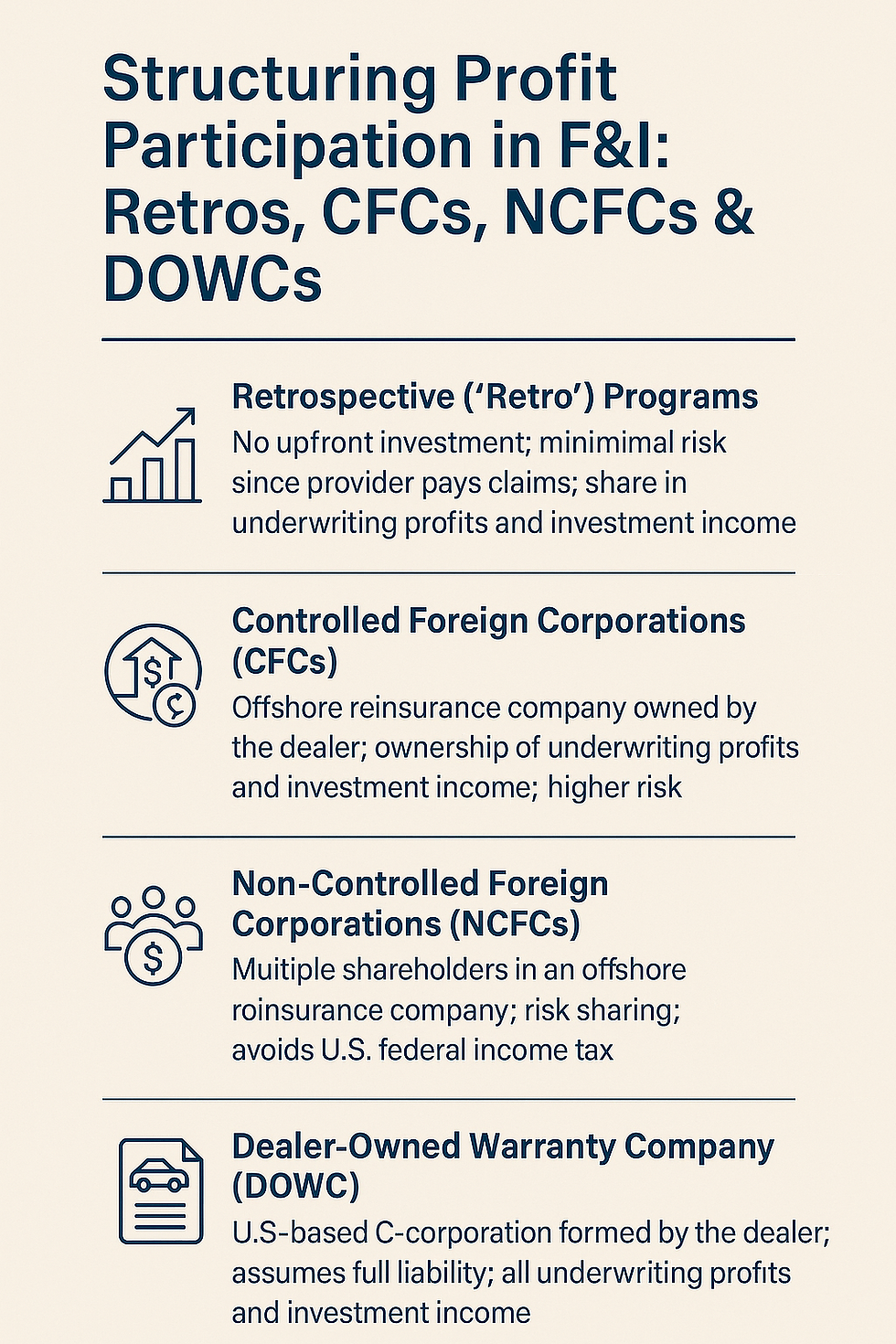Best Practices for Compliance with Auto Finance Regulations
- Michael Dean Aufmuth

- Feb 19, 2023
- 2 min read
Auto finance regulations are complex and constantly changing, which can make it difficult for finance managers to ensure that their operations are fully compliant. Failure to comply with these regulations can result in costly fines, legal liabilities, and damage to a company's reputation. Therefore, it is essential that auto finance managers stay up-to-date on all relevant regulations and implement best practices to ensure compliance. Here are some key best practices to follow:
Develop a Compliance Management System (CMS) A CMS is a set of policies and procedures that are designed to ensure that a company's operations are compliant with all applicable regulations. An effective CMS should be tailored to the specific needs of the organization and should include a risk assessment, policies and procedures, training programs, and an auditing and monitoring system.
Conduct Thorough Due Diligence on All Parties Involved in Financing Transactions Auto finance managers should conduct thorough due diligence on all parties involved in financing transactions, including borrowers, dealerships, and third-party vendors. This due diligence should include verifying information provided by these parties, such as income, employment, and credit history, and should also include a review of any previous legal or regulatory issues.
Implement Comprehensive Underwriting Criteria Auto finance managers should implement comprehensive underwriting criteria that take into account all relevant factors, including credit history, income, employment, and debt-to-income ratio. These criteria should be consistently applied to all borrowers, regardless of their race, gender, or other protected characteristics.
Provide Clear and Accurate Disclosures to Borrowers. Auto finance managers should provide clear and accurate disclosures to borrowers regarding the terms of their loans, including the interest rate, fees, and any other charges. These disclosures should be easy to understand and should be provided in a format that is accessible to all borrowers.
Train Employees on Compliance Policies and Procedures Auto finance managers should train all employees on the company's compliance policies and procedures. This training should be ongoing and should cover all relevant regulations, as well as any updates or changes to these regulations.
Conduct Regular Audits and Monitoring Auto finance managers should conduct regular audits and monitoring of their operations to ensure that they are fully compliant with all applicable regulations. These audits should be conducted by an independent third party and should cover all aspects of the company's operations, including underwriting, servicing, and collections.
In conclusion, auto finance managers need to implement best practices to ensure that their operations are fully compliant with all applicable regulations. By developing a comprehensive CMS, conducting thorough due diligence, implementing comprehensive underwriting criteria, providing clear and accurate disclosures, training employees on compliance policies and procedures, and conducting regular audits and monitoring, auto finance managers can mitigate the risk of non-compliance and ensure the long-term success of their operations.




Comments